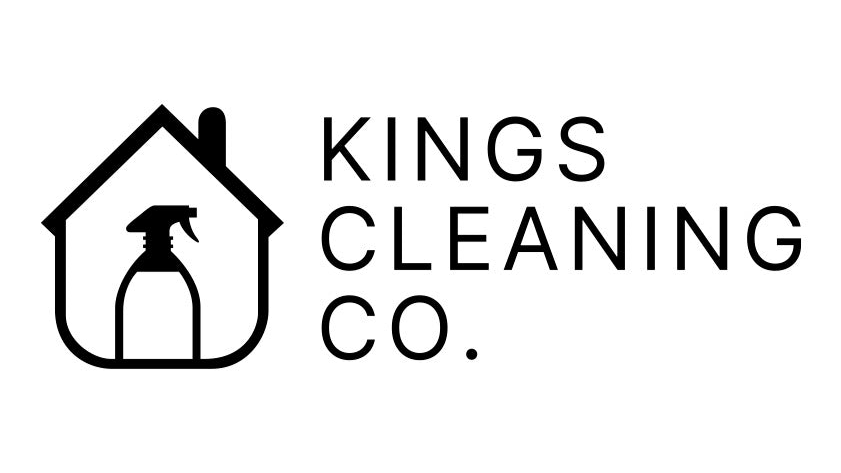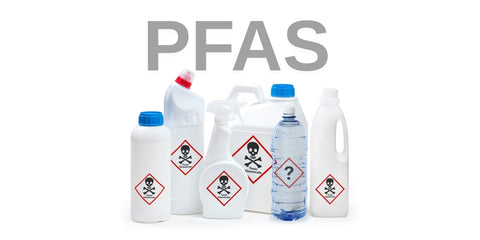Uncovering the Risks of PFAS Contamination
Water is often viewed as the gold standard for safe, eco-friendly cleaning. But what if this perception is misleading? Recent studies reveal a concerning truth: water may not be as harmless as we believe. Contaminants like PFAS, known as "forever chemicals" due to their persistence in the environment, pose risks that could impact our health and homes. It’s time to re-evaluate what we know about cleaning with water.
The Issue with Tap Water
While municipal water supplies are treated to meet safety standards, they can still contain contaminants like PFAS (per- and polyfluoroalkyl substances)—often referred to as "forever chemicals" due to their persistence in the environment. Recent guidelines from the National Health and Medical Research Centre (NHMRC) have recommended lower limits for PFAS in drinking water, underscoring the need for caution in our everyday use of water.
When you mix cleaning solutions with tap water, you may inadvertently introduce these harmful chemicals into your home. Factors such as total dissolved solids (TDS), water hardness, alkalinity, and pH levels can affect not only the effectiveness of your cleaning solutions but also their safety.
The Dangers of Dilution
Many people believe that diluting cleaning products with water makes them safer. Ironically, this can weaken the cleaning power, making them less effective against germs and dirt—especially when the water used contains contaminants. To maintain a safe and healthy home, it’s crucial to consider both the quality of the water and the cleaning products you’re using.
Opting for distilled water instead of tap water can significantly reduce the risk of introducing harmful substances into your cleaning routine. Distilled water is free from impurities and chemicals, providing a safer option for your eco-friendly cleaning solutions.
A Call for Conscious Cleaning
As the NHMRC and other regulatory bodies address PFAS contamination in drinking water, it’s essential for consumers to stay informed and proactive. Choosing eco-friendly cleaning products free from harmful chemicals like KINGS is a step in the right direction, but using high-quality water is equally important. By opting for distilled water, you can enhance the effectiveness of your cleaning products while further minimising the risk of chemical exposure.
The Importance of Water Treatment for Plants & Fish
Interestingly, we can’t just use untreated tap water in our fish tanks, it can be lethal for the fish. Many people let their water sit for 24 hours after filling a watering can to allow chloramine and chlorine to dissipate, believing this helps their plants thrive and prevents root burn. However, if you notice your plants struggling—perhaps turning brown or showing other signs of distress—it’s crucial to consider that the water's mineral content, hardness, pH, and TDS also play significant roles.
While removing certain chemicals is beneficial, the balance of minerals in your water is vital for your plants' health. Softened water, for instance, may lack essential minerals, leading to nutrient deficiencies. On the other hand, hard water can overload plants with too many minerals, hindering their growth.
Our passion for fishkeeping and gardening drives our awareness of water quality. Maintaining optimal conditions—monitoring temperature, pH, hardness, and TDS—is crucial for the health of both aquatic life and our plants. This experience highlights the importance of water quality, not just for living organisms but also for effective cleaning.
Conclusion
While cleaning with water is often seen as a safe choice, the quality of that water matters significantly. As we become more aware of the potential dangers of PFAS and other contaminants, it’s time to rethink our cleaning practices. By investing in eco-friendly products and using distilled water, you can create a cleaner, safer home environment—one that truly reflects your commitment to health and sustainability.
Stay informed, choose wisely, and clean safely.
For more detailed information, visit the NSW Government on PFAS and Drinking Water





Comments (0)
There are no comments for this article. Be the first one to leave a message!